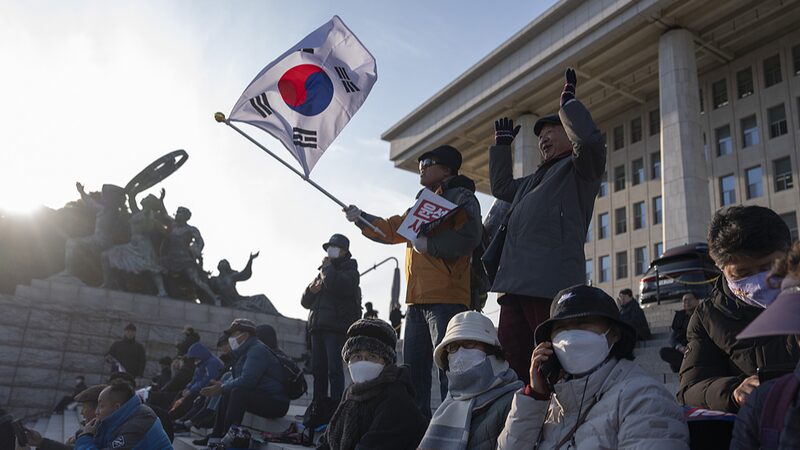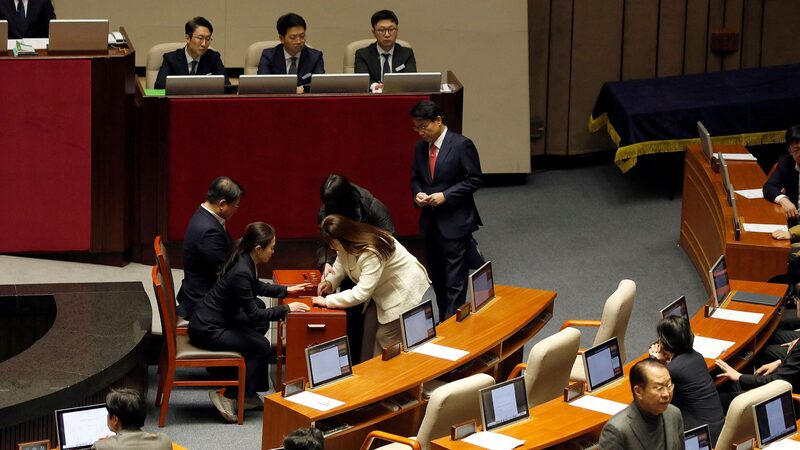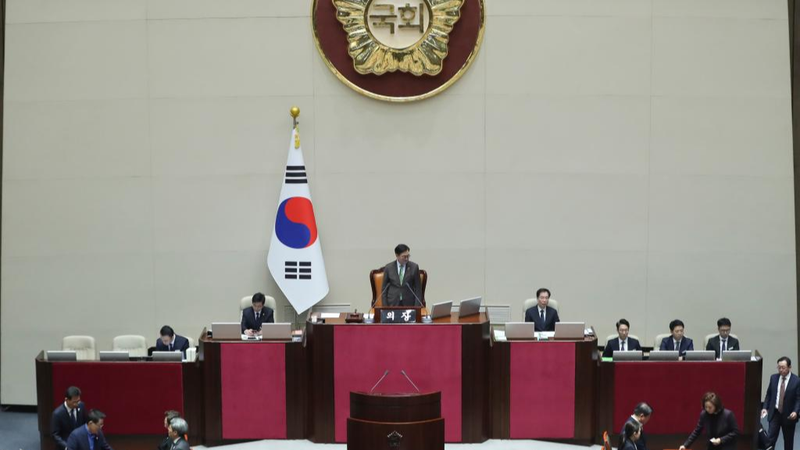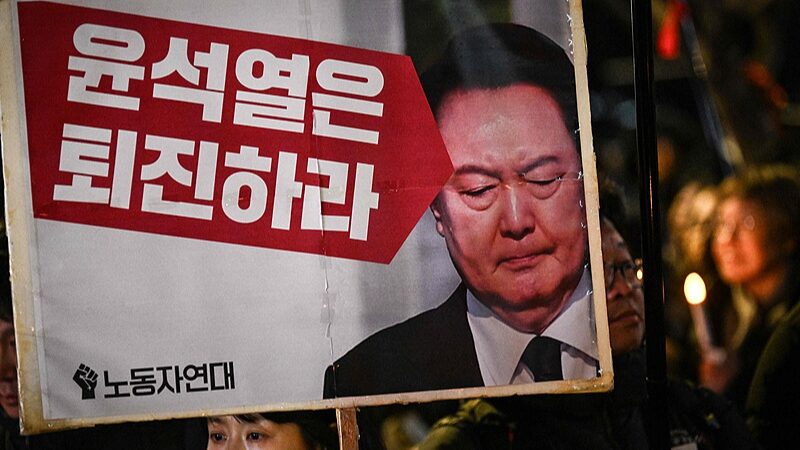Political Turmoil Grips South Korea as President Faces Impeachment
In the heart of Seoul, the atmosphere is charged with tension as South Korea navigates a deepening political crisis. President Yoon Suk-yeol has accepted the resignation of Defense Minister Kim Yong-hyun, a move that signals the escalating fallout from an attempted emergency martial law.
The resignation of Minister Kim comes amid mounting pressure on the administration following the controversial martial law attempt. Citizens across the nation are expressing concern over the government’s actions, leading to widespread discussions about the country’s democratic stability.
Adding to the turmoil, South Korean lawmakers have initiated impeachment proceedings against President Yoon. The National Assembly is set to vote on the impeachment by Saturday, a decision that could have significant implications for the nation’s political landscape.
Residents in Seoul are witnessing unprecedented events unfold. Streets that were once bustling with daily life are now the backdrop for intense political debates and public demonstrations. The prospect of impeachment has stirred a variety of reactions among the populace, from calls for accountability to concerns over potential instability.
“It’s a critical moment for our democracy,” says a local teacher in Seoul. “We’re all watching closely to see how our leaders will navigate this crisis.”
As the political drama continues, live coverage from the streets of Seoul captures the mood of a nation on the brink of significant change. The eyes of the world are on South Korea as it confronts challenges that test the resilience of its democratic institutions.
The coming days will be pivotal. Whether President Yoon will withstand the impeachment vote remains uncertain, but what is clear is that South Korea is at a crossroads. The decisions made in the halls of power will not only impact the current administration but also shape the future of the Republic of Korea’s democracy.
Reference(s):
Live: Views of Seoul as political turmoil continues in South Korea
cgtn.com





